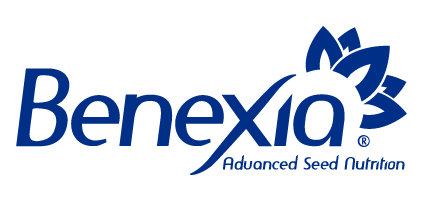Vegetable oils contain various antioxidants that can scavenge oxygen radicals in biological systems
and keep both the quality and the stability of the oil during prolonged storage.
The analytical evaluation of the antioxidant capacity of foodstuffs may be performed by detecting
the concentration of the main antioxidant molecules contained or, alternatively, by evaluating the
whole antioxidant capacity of an extract. Owing to its greater simplicity, the second approach is
receiving increased attention. The oxygen radical absorbance capacity (ORAC) assay, one of the
methods that falls within this category, is widely used to determine the antioxidant capacity.
ORAC stands for oxygen radical absorbance capacity, which is a measurement of food, spice, or
other nutrient/substance’s ability to quench oxidative free radicals. Essentially, free radicals are
unstable atoms or molecules that are produced in normal metabolic processes (e.g., glycolysis,
electron transport chain) that have the ability to take electrons from other molecules nearby, causing
chain reactions of oxidative stress and damage. Continuous oxidative damage causes inflammation
which is a significant culprit to many degenerative conditions and age-related diseases.
Chia oil is loaded with unusually high levels of antioxidants and bioactive substances,
including tocopherols and phytosterols which in addition to contributing with high oxidative activity,
have beneficial effects for the prevention of cardiovascular conditions.
Major antioxidants found in Chia Oil are chlorogenic acid and caffeic acid. Both are primary and
synergic antioxidants and contribute significantly to the strong antioxidant activity of Chia Oil. We
found a significant correlation between ORAC values of different olive oils and the total amount of
phenolics. Chia Oil ORAC values reached 9.62 ±0.2 μmol Trolox equivalent/g. Maximal ORAC
values For extra-virgin olive oils reach 6.20±0.31 μmol Trolox equivalent/g, while refined and seed
oils showed values in the 0,1–1,5 μmol Trolox equivalent/g range.
Based on this, choosing proper edible oil consumption may reduce oxidative damage of human
body. Chia oil is proposed as an excellent alternative to healthy edible oil, rich in omega-3 and
capable of reversing oxidative damage.


